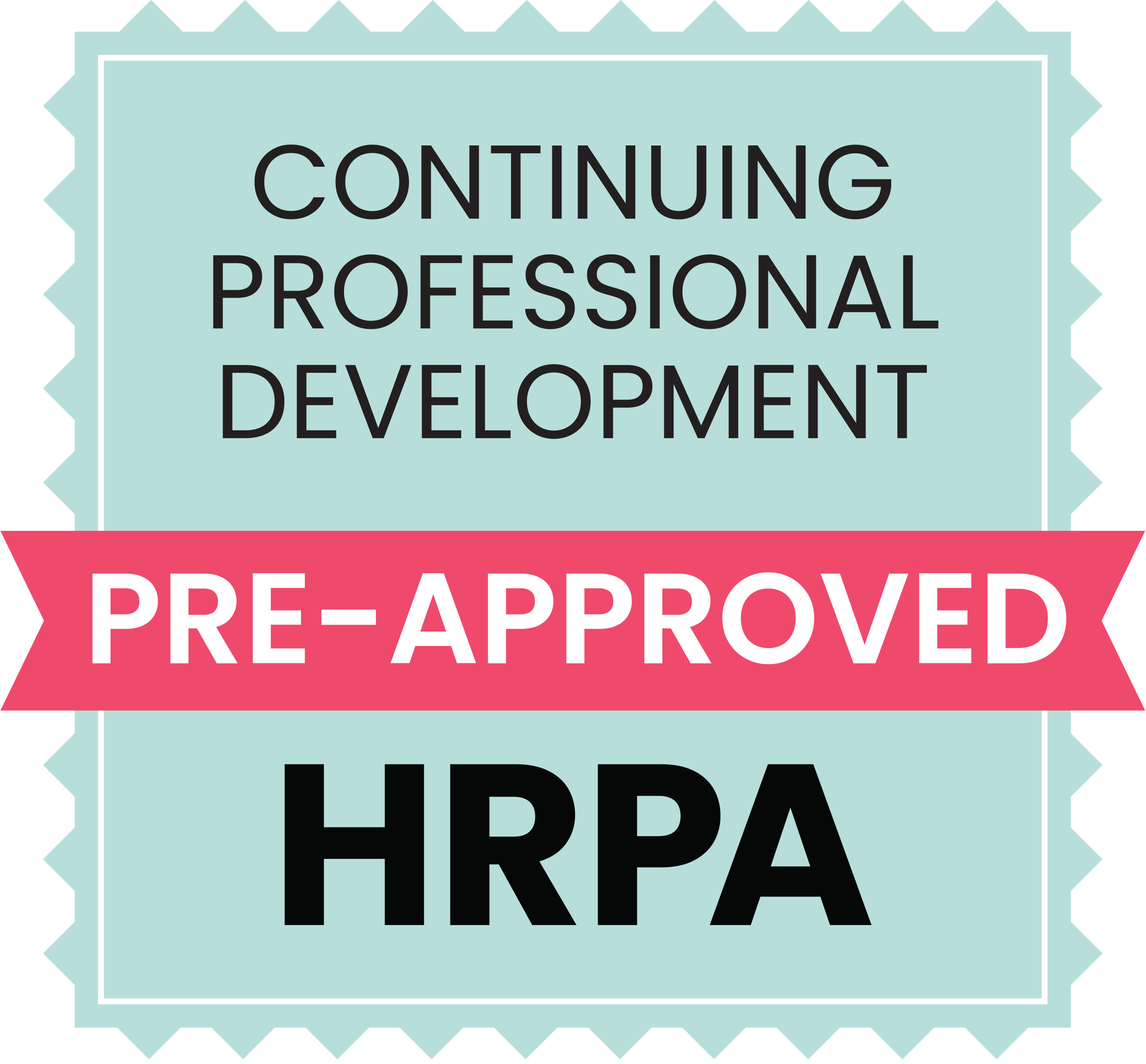Toronto Human Rights and Accommodation Conference
Conference Co-Chairs
Interested to attend, but need a little more time to confirm?
Conference Advisory Committee
Raj Dhir
Executive Director
Indigenous Justice Policy (Indigenous Justice Division)
Ministry of the
Attorney General
Thursday, April 18, 2024
Registration and Breakfast: 8:00 am – 9:00 am ET
Opening Remarks: 9:00 am – 9:05 am ET
In this session, panelists will examine recent noteworthy cases and legislative developments. Speakers will discuss the latest cases addressing: medical information disputes, caste-based discrimination, workplaces poisoned by harassment and discrimination, biometric monitoring, citizenship-based discrimination, and Anti-SLAPP cases (motions to dismiss defamation lawsuits that are designed to suppress free speech.
This panel will also address Ontario and federal legislative initiatives, including:
- Ontario’s Working for Workers Four Act, 2024 (Bill 149);
- Federal legislation targeting forced labour and child labour (Bill S-211);
- Proposed prohibition of strike replacement workers (Bill C-58); and
- Amendments to federal Employment Equity Act (Bill C-64) expanding reporting requirements.
- Proposed changes to the Employment Standards Act,
Break: 10:35 am – 10:50 am ET
In this session, expert panelists will examine recent caselaw addressing workplace investigations and will explore key principles and best practices in conducting fair, adequate, and effective investigations into human rights-related allegations.
The panel will address questions including:
- What lessons can be learned from recent cases as to what constitutes a fair and adequate investigation process? What procedural flaws have been found to render an investigation unfair or inadequate?
- Is a formal investigation always required when an employee raises human rights-related concerns? When might other options, such as alternative dispute resolution, be permissible or preferable?
- When is retaining a third-party investigator necessary? What other alternatives are possible?
- Can the grounds for an investigation be expanded after the investigation has already commenced – for example, if an investigation reveals issues of systemic discrimination?
- What are best practices for countering unconscious and implicit bias and otherwise ensuring stereotypes and discrimination do not impact the investigatory process?
- How much latitude do employers have to order investigations into off-duty conduct? May workplace investigators ask to examine employees’ personal devices, such as laptops or cellphones, which employees use exclusively or primarily for personal purposes?
- What legal avenues are available to employees who wish to challenge what they believe to be an unfair or improper investigation into their human rights allegations? Can an investigator be held personally liable for conducting an inadequate investigation?
- How should employers and unions respond when an investigation reveals bad faith allegations by an employee? What role does the union have in restoring a safe and healthy workplace for all parties following an investigation?
Networking Lunch: 12:05 pm – 1:05 pm ET
Tensions may arise between employee free speech and an employer’s duty to ensure a safe and respectful workplace. How can these arguably competing rights and obligations be balanced?
In this session, a panel of experts will address:
- What is the line between safeguarding employee free speech and ensuring a respectful and safe work environment? Do employees have the right to express their views on potentially controversial and/or political matters at work?
- Can employers discipline employees for private statements and/or expressions made outside the workplace?
- To what extent will arbitrators consider Charter rights and values such as freedom of expression in the context of off-duty conduct?
- What is the extent of a union’s duty to represent members who face work-related consequences for their potentially polarizing beliefs? When will a union’s decision not to represent a member constitute a breach of the duty of fair representation?
Break: 2:20 pm – 2:35 pm ET
In Ontario, workplace harassment is defined as “engaging in a course of vexatious comment or conduct against a worker in a workplace that is known or ought reasonably to be known to be unwelcome.” In many instances impugned conduct or comments will clearly meet this definition, but in other cases debate may arise as to whether the alleged harasser ought reasonably to have known that certain comments or conduct would be unwelcome.
This session will highlight the degree to which reasonable minds may disagree about whether certain comments or conduct constitute harassment, probe the reasons behind such disagreement, and address questions such as:
- Should a complainant’s subjective feelings of humiliation or offence be determinative of whether certain conduct constitutes harassment? If not, why not?
- What role do a complainant’s personal characteristics – gender and race, for example – play in determining whether certain conduct should be reasonably seen to be offensive? How might a decision-maker’s unconscious bias interfere in the analysis of whether conduct could reasonably be seen to be insulting or humiliating?
- Does workplace culture play any role in determining whether conduct ought reasonably to have been known to be offensive?
- Is the analysis of whether conduct constitutes harassment affected by a friendship or previous romantic relationships between complainant and respondent? What about power imbalances or lack thereof?
- How is the reasonableness of management action assessed to determine whether or not it constitutes harassment?
Closing Remarks: 3:50 pm – 4:00 pm ET
Friday, April 19, 2024
Registration and Breakfast: 8:00 am – 9:00 am ET
Opening Remarks: 9:00 am – 9:05 am ET
There is increasing recognition that neurodivergence is a strength, not a deficit, and building inclusive, neurodivergent workplaces makes a positive impact. In this panel, experts will examine how employers can effectively recruit, retain, and accommodate neurodivergent employees, and how unions can support their neurodivergent membership.
Specifically, the panel will address:
- How can businesses benefit from hiring neurodivergent employees?
- What measures can employers put in place to effectively recruit neurodivergent employees? How can employers support/accommodate neurodivergent applicants throughout the recruitment process?
- Considering the emphasis on self-identification in the neurodiverse community, must employees who identify as neurodivergent provide evidence of a medical diagnosis to access initiatives designed to recruit diverse employees? How should employers respond to these disclosures when they occur?
- How do common stereotypes hinder the inclusion and accommodation of neurodivergent employees in the workplace? What can be done to guard against these stereotypes?
- What should workplace parties know about specific conditions such as Autism Spectrum Disorders (ASD), Attention-Deficit/Hyperactive Disorder (ADHD), and learning disabilities falling under the umbrella of neurodivergence? Do these conditions share any similarities? How might they affect an employee’s work performance?
- What are the signs an employee may be struggling with work performance or workplace relationships because of a neurological difference such as ASD or ADHD? When does the employer have a duty to inquire as to whether the employee in question requires accommodation?
- What are some examples of appropriate and effective accommodations for neurodivergent employees?
- What kind of medical information can employers request from employees seeking accommodation on the basis of neurodivergence? Can a detailed neuropsychological evaluation report be required? How often, if ever, can updated medical information be requested from a neurodivergent employee, who, by definition, has a lifelong condition?
- What accommodations should unions provide to neurodivergent members accessing union services and using union processes?
Break: 10:20 am – 10:35 am ET
In this session, panelists will address the recent report of the federal Employment Equity Act Review Task Force and related change to the Act, exploring broader lessons learned for workplace parties in all sectors and drawing connections to recent provincial initiatives aimed at promoting workplace equity.
Questions to be addressed include:
- What changes did the Task Force recommend with respect to how employment equity groups are defined and described under the Employment Equity Act?
- What is “intersectionality” and why is it important to adopt an intersectional approach to workplace policies? What recommendations did the Task Force make in this regard?
- How can employers shift from a “top-down” approach to employment equity to a consultative process which involves unions and employees? What lessons can be learned from the Task Force’s recommendations regarding workplace employment equity committees?
- What problems did the Task Force identify with the concepts of “merit” or “fit” in recruiting and promoting employees?
- How can workplace parties ensure that the collection of employee data for equity-related initiatives is meaningful and appropriate? What common pitfalls have led to what the Task Force deems “superficial data collection”? How can employers and unions measure and evaluate progress toward workplace equity?
- What recommendations did the Task Force make with respect to the use of non-disclosure agreements? Are there currently any restrictions regarding the use of these agreements in Ontario?
- How is the Ontario Working for Workers Four Act, 2023, if passed, expected to address issues of discrimination in recruitment and promotion as identified by the Task Force? How does the legislation compare to, for example, B.C.’s recently-passed Pay Transparency Act?
- What key updates should employers make to workplace harassment and discrimination policies taking into account the recommendations of the Task Force? Should employers updating their policies make any changes in light of the recent Ontario Human Rights Commission’s Policy position on caste-based discrimination?
Networking Lunch: 11:50 am – 12:50 pm ET
Dr. Rebecca Gewurtz
Associate Professor
School of Rehabilitation Science
McMaster University
Adjunct Scientist
Institute for Work and Health (IWH)
Director
Inclusive Design for Employment Access (IDEA) Social Innovation Laboratory
The Inclusive Design for Employment Access (IDEA) is a social innovation laboratory that is focused on strengthening the capacity of Canadian employers to fully include persons with disabilities within Canadian workplaces. In this talk, I will outline some of the promising practices that are emerging from our work with employers and other stakeholders to improve organizational capacity to hire, support, and promote persons with disabilities in diverse roles across different sectors. I will share what we currently know, what we are working on, and ways that different stakeholders, including service providers, government decision-makers, labour representatives, disability organizations, and employers can work on together to build more inclusive Canadian workplaces. I will share what we mean by inclusive hiring, onboarding, mentorship and advancement practices, and where employers often run into challenges despite good intentions. I will conclude by sharing some emerging developments to watch for as we continue our partner-based work within IDEA.
In this session, expert panelists will provide guidance on the continuing evolution of Artificial Intelligence (“AI”) and the legal landscape surrounding it, the use of AI by employers, and the workplace human rights implications paired with it. Panelists will address questions including:
- What laws regulate AI in Canada? What rules are in place to protect individuals from discriminatory effects resulting from the use of AI?
- What are employers most commonly using AI for? How can the use of AI negatively or positively impact workplace human rights?
- Are there legal limits on an employer’s ability to use AI in the workplace? Can an employer’s right to use AI be limited through collective agreement language?
- Will human resources be taken over by “algorithmic management,” defined as delegating to algorithms certain managerial tasks such as filtering through applications for employment, assessing employee performance, or even making decisions regarding termination of employment?
- How have arbitrators and adjudicators treated the use of AI in the workplace in light of anti-discrimination and duty to accommodate laws, such as an employer’s use of biometric scanning or AI driven recruitment processes?
- Are employees entitled to information about how their employer is using AI and monitoring and surveillance technologies? How can collective bargaining provisions address these issues?
- What can employers do to mitigate risks of bias, discrimination or otherwise preventing potential breaches of human rights laws when using AI?
Break: 2:30 pm – 2:45 pm ET
In this interactive session, expert panelists will address the test for family status in Ontario and engage audience members in exercises illustrating practical applications of the test, better equipping employers and unions to navigate accommodation requests. Speakers will address issues including:
- What forms of caregiving fall under the protective umbrella of family status accommodation?
- What constitutes a sufficiently serious interference with a family obligation such that it will amount to family status discrimination?
- How can employers and unions distinguish preferences from obligations? For example, when will a request to work from home to provide caregiving to elderly parents or young children amount to an obligation rather than a preference? What about requests such as leaving work early to enable an employee to pick up a child from school rather than have that child take the bus?
- Are employees required to demonstrate that they have made some effort to “self-accommodate” (e.g. explore a variety of childcare options) before an employer’s duty to accommodate is triggered?
- What qualifies as “undue hardship” for an employer when it comes to family status accommodation?
- What policies should employers and unions consider to meet family status accommodation requirements and reduce workplace barriers for employees with family obligations?
Closing Remarks: 3:55 pm – 4:00 pm ET
CPD

This program has been approved for 11 Continuing Professional Development hours under Section A3 of the Recertification Log of the Human Resource Professionals Association.

This program has been approved by CPHR Alberta for 11 Continuing Professional Development hours.
Members of the Law Society of Ontario may consider counting this program for 11 substantive hours; 0 professionalism hours.






































